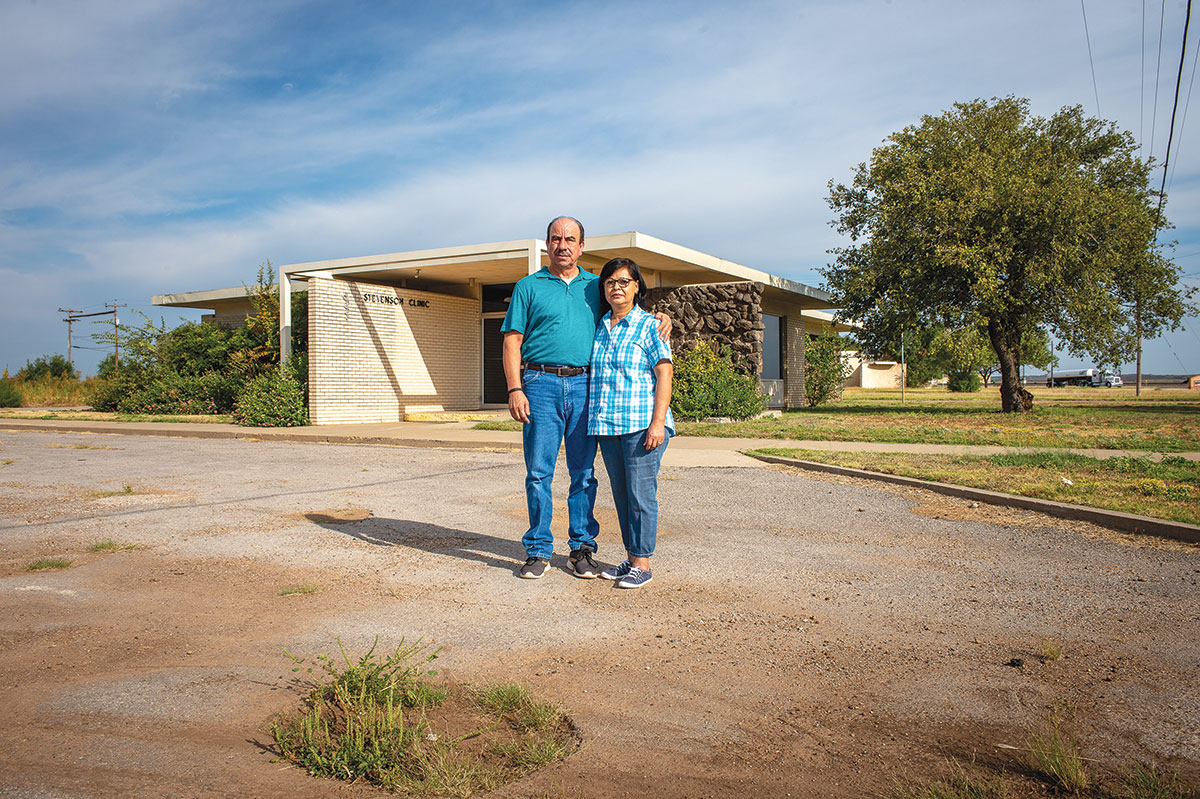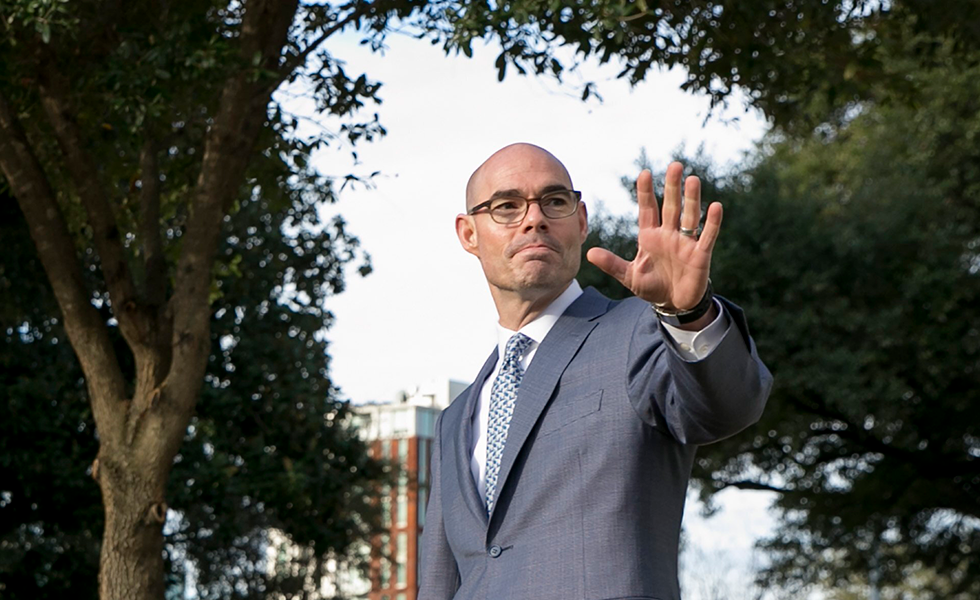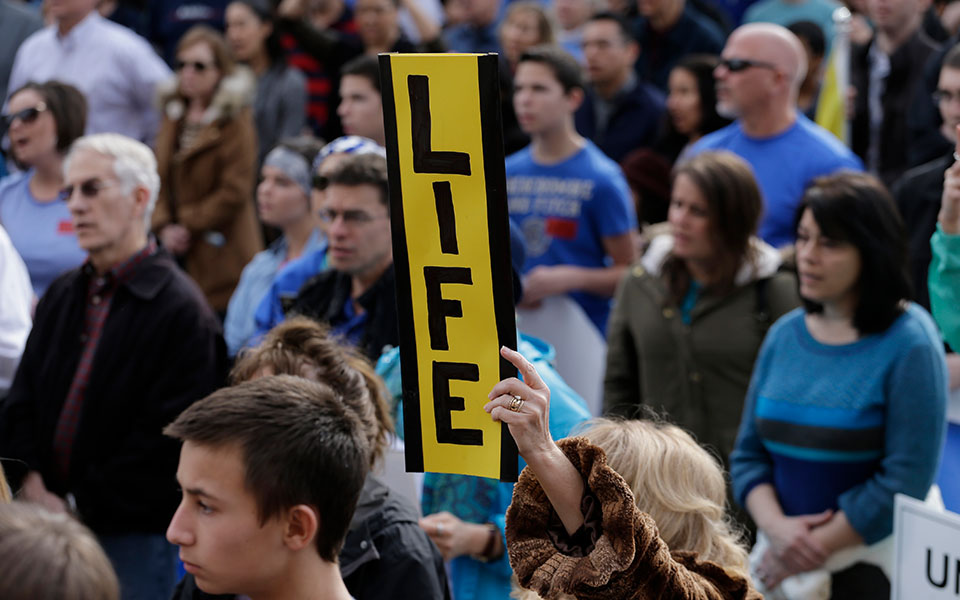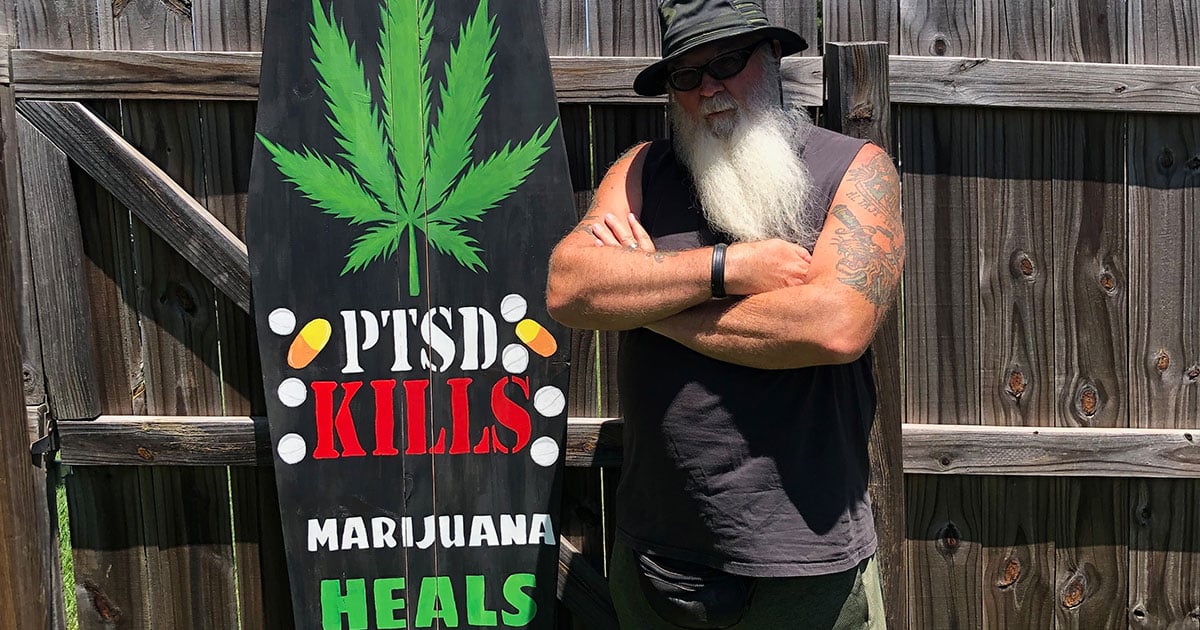
Texas’ New Medical Marijuana Law Doesn’t Cover Veterans Suffering from PTSD
The Legislature recently passed medical cannabis reform, but the debate was marred by misinformation and left out people who say the drug eases their symptoms of post-traumatic stress disorder.
When Dave Bass returned from Iraq to Texas in 2005, doctors diagnosed him with post-traumatic stress disorder (PTSD). It’s a familiar problem for combat vets; about a quarter of service members suffer from PTSD after they leave war zones. The disorder produces symptoms including nightmares, flashbacks, depression and anxiety. Prescribed medical treatments for the disorder are generally limited to antidepressants that can have serious side effects. Many veterans self-medicate with alcohol or opioids, which can be deadly. Since 2012, Bass has been treating his PTSD symptoms with marijuana — a relatively safe drug that remains illegal in Texas.
Bass, now a cannabis activist and founder of the group Texas Veterans for Medical Marijuana, has unsuccessfully lobbied the Texas Legislature for years to make cannabis legal for treating PTSD. In the 2019 session, several lawmakers tried and failed to do just that. Instead, the Legislature passed House Bill 3703, a bill expanding the state’s narrow medical marijuana law by adding some conditions, including terminal cancer and autism. It went into effect three weeks ago when Governor Greg Abbott signed it into law. But people who suffer from PTSD were left out, and Bass says that hurts many Texas veterans who could benefit from the treatment.
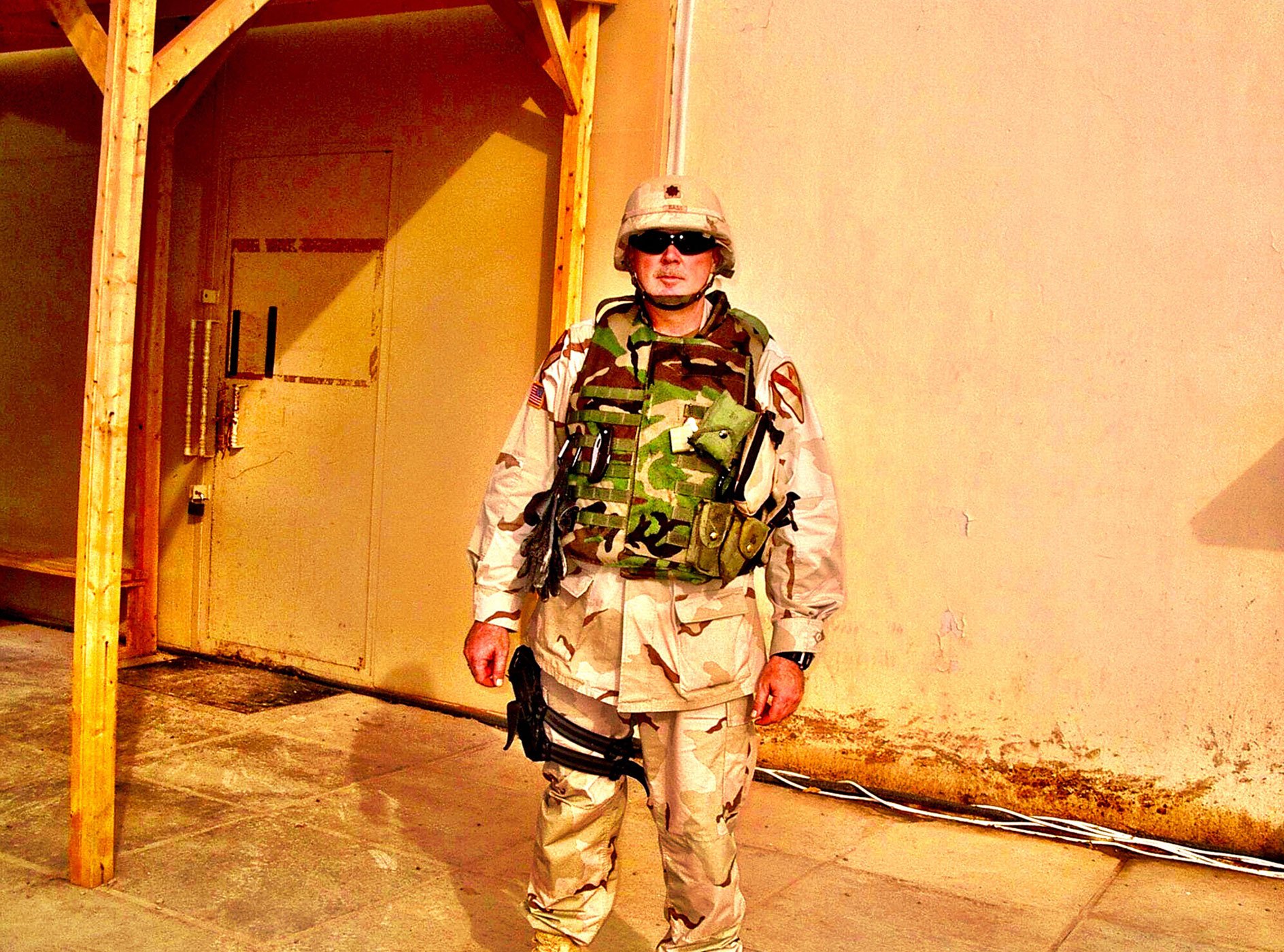
Studies show veteran overdose deaths from opioids are rising across the country, and vets in Texas – roughly 1.5 million, the second-highest population after California — commit suicide at more than twice the state rate. Yet despite evidence that opioids and alcohol are more dangerous than marijuana; that veterans like Bass say the treatment helps their symptoms; that a majority of Texans support medical marijuana; and that about 20 other states allow cannabis to be used to treat PTSD, Texas Republicans have taken baby steps with cannabis reform.
The first time Texas allowed any medical marijuana use was in 2015, when the state passed the Compassionate Use Act. But it was one of the most restrictive laws of its kind in the country, allowing only people with intractable epilepsy to use cannabis products with very small amounts of THC, the plant’s psychoactive ingredient. That left hundreds of thousands of people and families who needed the medicine with two options: become a medical refugee or face serious risks associated with illegal use.
This session, two medical reform bills passed the House. The first, a comprehensive overhaul by Democrat Eddie Lucio III, would have expanded the state’s medical marijuana program to cover a wide range of “debilitating medical condition[s],” including PTSD. It passed the House on a vote of 123-21. The second, a more conservative expansion by Republican Stephanie Klick, added just a few conditions. The Senate refused to debate Lucio’s overhaul and instead passed a version of Klick’s HB 3703.
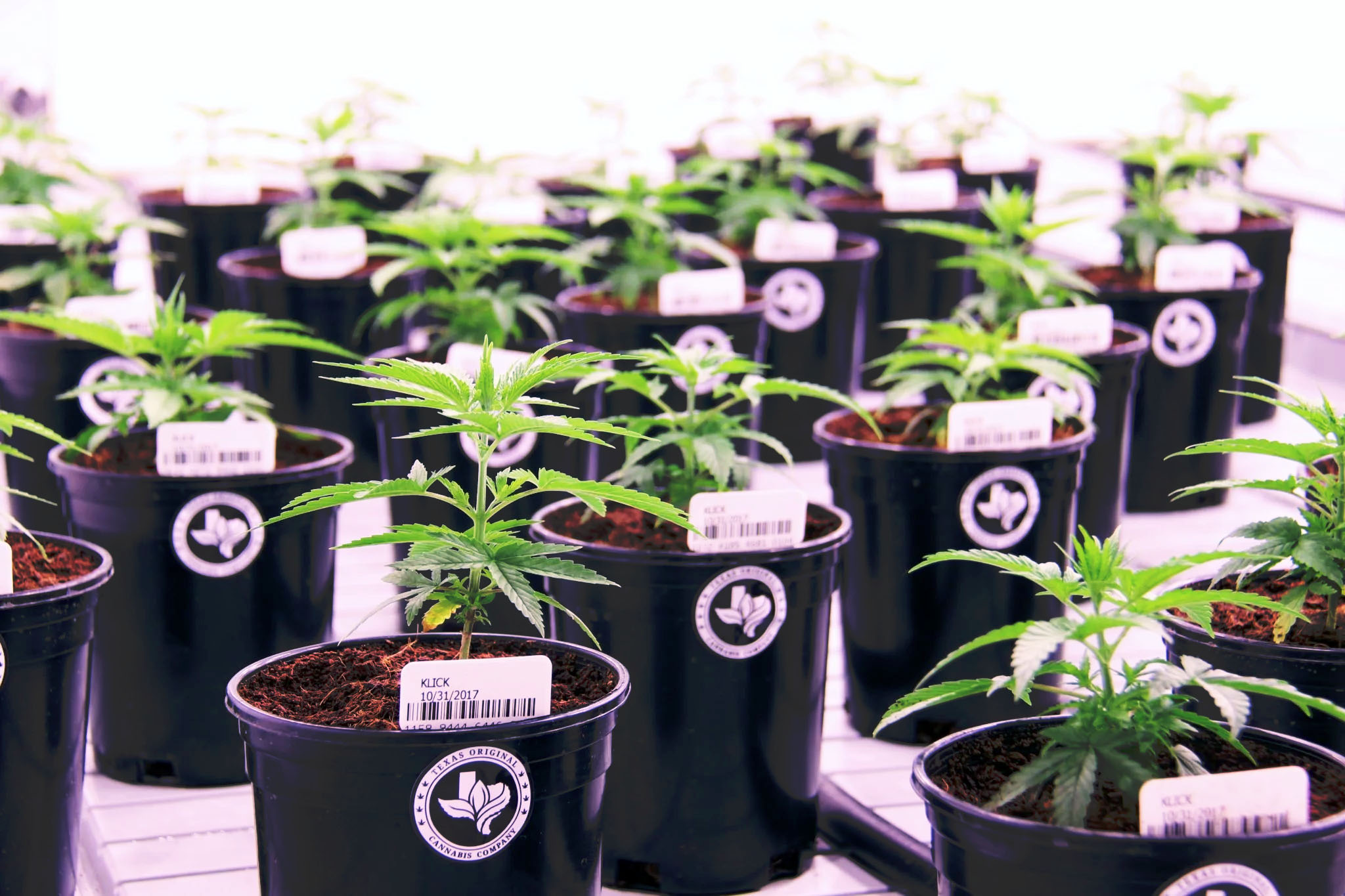
Lucio III said his “heart broke” for veterans when PTSD wasn’t included in the final reforms. “I don’t think I’ve faced a greater disappointment in my seven terms in office,” he told the Observer, promising that legislation to include veterans will be “the first bill I’ll file in the [2021] session.”
Activists say opposition to cannabis reform is partially based on fearmongering over alleged dangers of marijuana by Republicans and law enforcement officials, a powerful group at the Lege. False claims and junk science often go unchallenged in a vacuum created by the lack of research into cannabis. (Marijuana’s status as a Schedule I drug is a significant barrier to studying the plant’s uses.) For three sessions, the Rural Sheriffs Association of Texas has peddled its report that falsely claims pot lowers IQ scores, is addictive and increases criminality. In March, Plano Police Sergeant Terence Holway told lawmakers in a committee hearing that “all drug addicts … started with marijuana.”
Brian Birdwell, a GOP state senator and Desert Storm Army veteran, spoke about his “highly guarded sense of danger” about marijuana for more than 20 minutes during the Senate debate of HB 3703. The Granbury Republican said he “wouldn’t feel comfortable going any further” than Klick’s amended bill, which did not include PTSD. Birdwell warned cannabis was a “road to perdition” and that it could lead to the “destruction of lives.” He complained activists were leveraging veterans “in the name of compassion.” And he said a constituent, decorated Navy Seal sniper Chris Kyle, was killed by a “multi-year marijuana user who claimed at his murder trial to have PTSD.” Birdwell did not respond to multiple requests for comment for this story.
Senator José Menéndez, a Democrat whose bill to include PTSD and other ailments in the state’s program went nowhere this session, admonished Birdwell during the debate for talking about “a lot of what-ifs.”
“This bill is about barely expanding the medical Compassionate Use Act, and it’s nowhere near where I think it should be,” Menéndez said.
Republican Senator Donna Campbell, who sponsored Klick’s legislation, used a false statistic during the debate to push back against including PTSD coverage. Campbell claimed “a study was done” showing that 70 percent of veterans who committed suicide had THC in their systems. Campbell’s office did not respond to questions about the figure.
“I don’t think that science exists,” Lucio III said in the interview.
A report from the Suicide Prevention Resource Center suggests the number is closer to nine percent, and even that doesn’t prove a causal relationship. A person can test positive for THC for up to a month after a single use and studies have found that marijuana doesn’t cause suicide in adults.
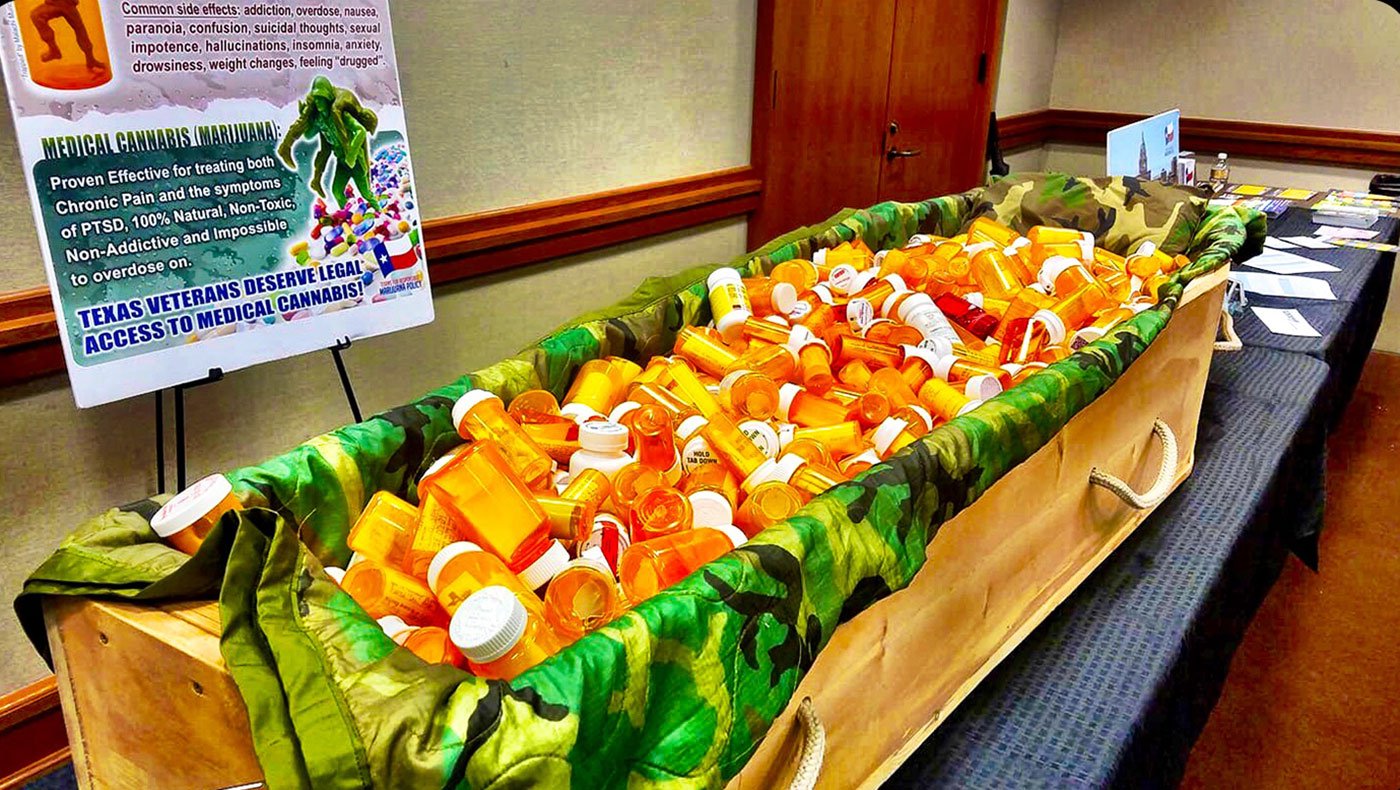
The opposition is frustrating for activists who have benefited from cannabis. Jason Walker, a member of Texas Veterans for Medical Marijuana, said he grew so mad about Birdwell’s speech that he drove to the Capitol to talk to lawmakers involved. Campbell’s office suggested he make an appointment, Walker said.
“I tried to do everything Western doctors want you to do for PTSD,” Walker said. “It led me to [suicidal thoughts]. Cannabis didn’t.”
Bass called the debate “a new low.” He said he plans to educate veterans around marijuana reform and organize in Birdwell’s district next year — and to play the representative’s “absurd” speech. He’ll also bring a military-style casket filled with pill bottles. The lid reads: “PTSD kills. Marijuana heals.”
